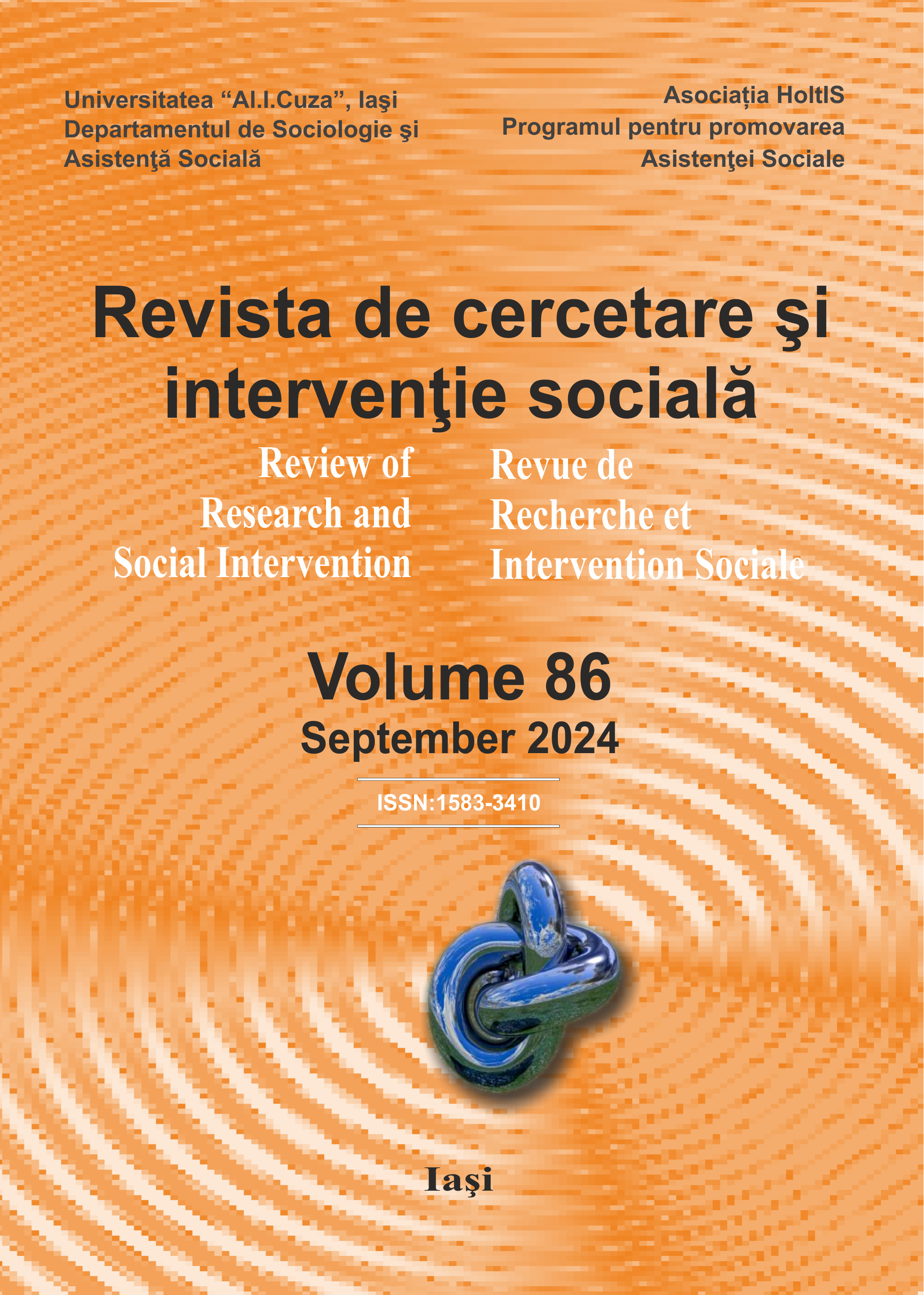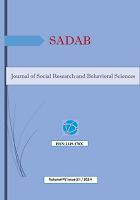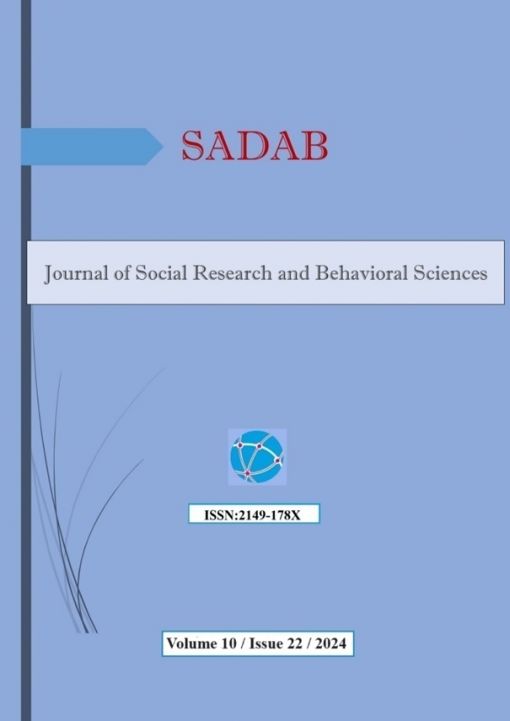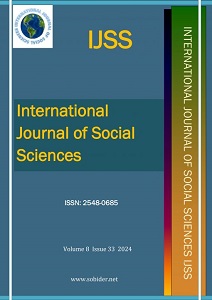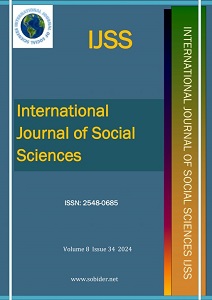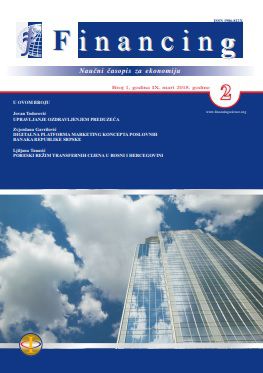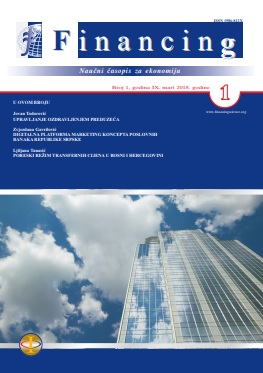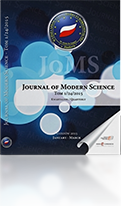
Agencje wykonawcze. W poszukiwaniu nowych narzędzi zarządzania (governance) integracją w unii europejskiej
The civilization changes have forced the implementation of new forms of organization and functioning of public administration, defined as governance, that serve to intensify the European integration. The government agencies are one form of greater integration through the decentralization of the public administration. There were initiated in the UK. In the European Economic Community, such agencies were established in the seventies of the twentieth century. In 2003, the special kind of agency, called the executive agencies were created in the framework of the European Union. Their duty is to perform technical tasks in the field of execution of Union management tasks, including such areas as science, culture, health, transport, consumer protection. In total, six such agencies currently operates in the EU. The organization and functioning of the executive agencies were standardized in the Council Regulation (EC) No 58/2003 of 19 December 2002 – laying down the statute of executive agencies. The ten-year period of the functioning of executive agencies should be assessed fairly well. The problem area that needs some adjustment is the question of the coherence of activities done by executive agencies with those done by the appropriate national agencies of the Member States, in order to develop and unify the standards of operation.
More...

